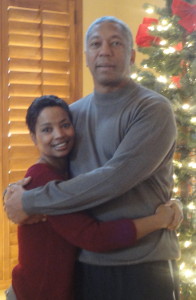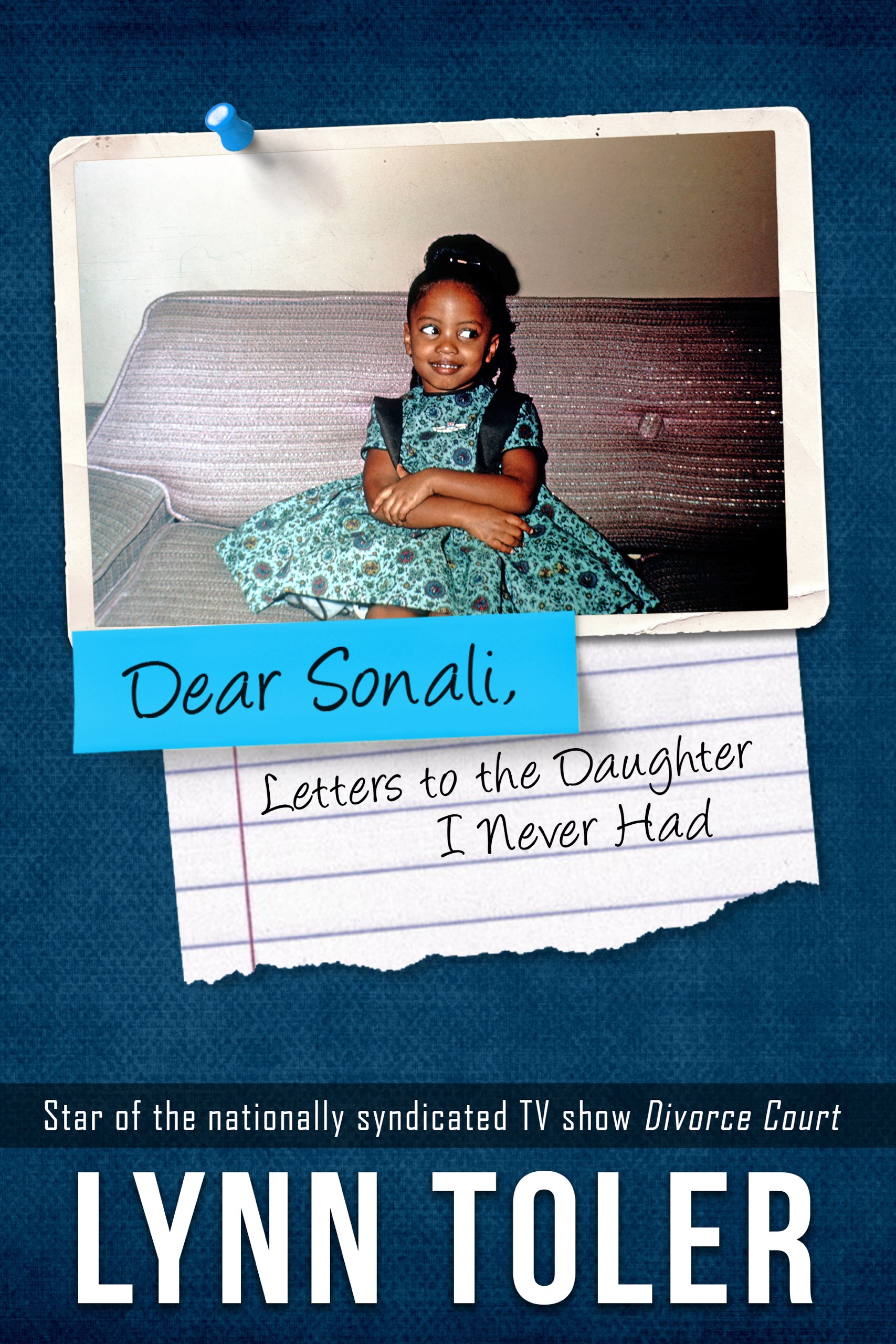Anxiety is a car full of common concerns whose brakes have failed.
The chronically concerned. The worn-out worried. The unceasingly distressed. Millions of people suffer from anxiety and depression and I am one of them.
Like most members of Anxiety Society, I can take some small concern and turn it into a disaster. It doesn’t even have to be a real problem. If I just think something that could happen … even though I have no evidence that it will … my If Machine can spit out every worst-case scenario imaginable. Next thing you know I’m stuck in a Worry Loop, going over the same thing over and over again.
And it doesn’t stop there. Once my fear chemicals are dispatched the problem I think I have doesn’t soak them all up. After they drench that concern they flood my entire life. Now everything is an issue. All of life is a potential disaster. I can’t get into the car because I might have an accident. What’s that little lump on my toe? Maybe I have cancer. The bills get bigger and my salary gets smaller when none of those numbers have changed. By then, I am face-down in a puddle of some piddling problem drowning in two inches of water.
Common sense doesn’t help at all. Twenty wise men could sit down and explain to me why my worries are absurd. I would follow the logic, have no rational rebuttal and still not be convinced.
Even when I’m not caught up some looping disaster, my anxiety, of a more garden variety, still messes with my day. It stands between me and where I want to be whispering in my ear. “You sure you want to do that? You know it could be dangerous. As a matter of fact, why don’t you just stay home? It’s the safest thing you can do.” Housebound. That’s how that ends. Dreams die in that atmosphere. Even if opportunity knocks you’re too scared to answer the door.
Lately, I have run into a lot of fellow fighters in the war on worry. And though I know the battle isn’t the same for everybody, there are some common traits. That’s why I thought I’d shared my story. First, so you don’t feel so alone (That worry loop can be all-consuming and very isolating.) Second, because many find it hard to believe I battle anxiety given what I do. But it’s common and a concern a lot of successful people have. Most just don’t talk about it. And last, but
Though I am still prone to bouts of panic, regularly awash in worry and on occasion consumed by ridiculous concerns, I’m not as bad as I used to be. I’ve chipped away at my worry so it’s less likely to consume me now and these are some of the things I employ that help me keep it together.
I.
I changed the way I looked at it.
I used to call my anxiety The Beast. To me, it was a stalker; something I could not control that pursued me all of the time. That was part of my problem. I needed to reframe the issue in a way that emphasizes things I could control no matter how small. So now I see my anxiety as a hiccup in my head. One that I can tinker with even if I can’t shut it down. That alone made me feel less conquered. Though I can’t just stop the Lorry loop, I now believe there are some smaller things I can do to help myself.
II.
I control my environment
Every day I do things that help me construct a worry unfriendly environment.
a) I read everything I can about anxiety. What it is, how it starts and what things tend to help. Understanding what you’re dealing with always
b) Every morning I engage in physical activity that gets my heart rate up. That produces endorphins -natural chemicals that make you feel good. I load my head up with those early so the fear chemicals have more of a fight.
c) Once I get off the treadmill I do not stop. I have a set of Must Dos (like you have to feed the kids). I also have a list of Should Do’s designed to de-stress my head. I keep busy with things I find interesting and demand total attention. Busy brains don’t worry as much.
d) I keep things around me meant to interrupt an erupting worry before it goes too far. When I was a judge I had screen-saver that said. “Are you solving or are you worrying?” It was a constant reminder not to let one thought take up too much time in my head. Now, at home, my computer wallpaper says. “Solitude beckons me far more often than it should.” It reminds me not to allow the emotional comfort of staying at home to keep me from living a full life.
e) I give my feelings voice. I say things out loud. “Stop it, Lynn; this is ridiculous.” “That’s a fear move.” “Get up. Go outside.” It’s not Mt. Everest, it’s a trip across town. Get in the car.” Yes, it sounds stupid. People around me find it weird. But it stops worry from being some amorphous feeling and gives it shape and form. It’s far easier to hit a target you can actually see.
f) I get help. I see a psychologist at least once a quarter. I know that may not be financially feasible for everyone but I’ll just say this. We all spend money on things we’re used to having that we don’t necessarily need. Hair, nails, clothes and the like. You can always scale that back. I just think that what’s going on in your head is so important that you should save what you can and go if you have to. There is no shame in it at all.
Likewise, I have no fear of trying medicine. I know a lot of people do and it’s such a personal choice. That said, I have gone through periods in my life when my anxiety and eventual depression threatened my very being. Phone calls were made. Family gathered and medicine was dispensed. I truly believe on one occasion it saved my life.
I’m not saying go out and find a pill to pop and everything will get better. I’m saying educate yourself on what’s out there and what it does just so you know what’s what.
III.
I Have Plans for When I Worry
Even though I make a point to keep my environment worry unfriendly sometimes it just doesn’t work. So, I have things that I’m supposed to do when I’m swirling the worry drain.
a) I have a Worry Book, otherwise known as The Book of Stupid. In it write down all my looping thoughts when I’m stuck in the What If Machine. I include every stupid detail and ludicrous disaster scenario. Part of what stresses me out is the thought that I’ve might miss some essential detail. If I write it down I know it’s there that way I don’t feel as compelled to keep it in forefront of my mind.
The second thing my Worry Book does is keep a record of the ridiculous. Every time a worry passes I go back and write down what actually happened. So, whenever I’m adding a new worry to the book I re-read all my old ones. It gives me perspective and
Then there is that solitary phrase on the last page of the book “Do you realize that nothing you ever worried about ever actually happened?”
b) Music is a potent drug that extends beyond logic and settles in your soul. Knowing that music can change your mood I’ve created playlists to help me when things get hard. The key is to start out with music that matches your mood then gradually go on to new songs whose rhythms and melody are increasingly like the mood I’d like to have.
My I Want To Feel Better Playlist
A Song for You by Donny Hathaway
So Very Hard to Goby Tower of Power
Kashmir by Led Zepplin
Barton Hollow by The Civil Wars
Why Don’t You Stayby The Muddy Magnolias
Seven Nation Army by Alice Russell
Maybe Your Babyby Stevie Wonder
Cabbage Alleyby The Meters
Love Will Never Do Without Youby Janet Jackson
Love the One You’re With by Luther Vandross
Joy to the Worldby Whitney Houston
The Way You make Me Feel by Janelle Monae
The Projects by HandsomeBoy Modeling School
Signed Sealed Deliveredby Stevie Wonder
Holy Ghostby The Bar Kays
Atomic Dogby George Clinton
c) I globalize my pain quotient. Reminding myself of the misery some people deal with makes me feel better about my own. You go on YouTube and you’ll find people with no water, no limbs, no freedom, no choices who still make it through the day. When I get done with that I say “Bitch, really?” out loud. Then I step on to some of that busy work I always have lined up.
d) I get out of the house and talk to people. I know it’s the last thing you want to do. So you need to plan for that. I have enlisted my husband to keep an eye on me and tell me when it’s time to go. In the beginning I’d tell him no and stubbornly stay in the house. But once I had a better understanding of how that story ends, when my head told me “no I can’t’ go”, I’d give it the Smith and Wesson Test.
The phrase “I can’t” is an outrageous lie we tell ourselves far too often. My mother never let me use it. She told me when you say it, it’s almost never the literal truth. Usually, it means it’s hard, I don’t know how or I really don’t want to. In order to tell the difference, I employ the Smith and Wesson test: A man having a seizure can’t stop. A woman in labor simply can’t decide to put an end to the contractions. But if a man came put a gun to your head and said put that Oreo Cookie down, I bet you would. While the Smith and Wesson test can’t simply pull me out of a worry loop it can get me to do the small things.
Though I’m sure I’ve done other things over the years I think this is a fair representation of the way I go about it. If you take these steps or make up your own your anxiety won’t just up and walk away. But it helps. My journey continues and I’m always getting better.
I wish the same for you. And remember, Anxiety is a lie.
Anxiety, you are a lie,
a false prophet of doom,
a thief
appropriating opportunity,
hijacking joy
… taking today and tear it up into pieces
in unrelenting anticipation of a horror
that never arrives.
I rebuke you.
I will fight you.
I won’t take this nonsense sitting down.







